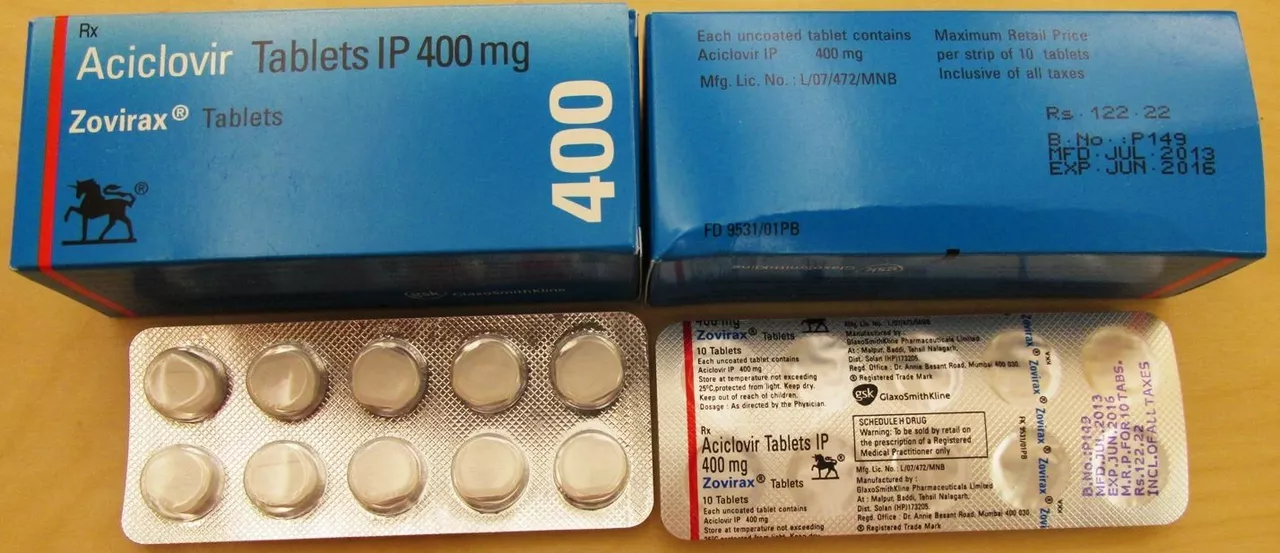Antiviral Drug Guide: What They Are and When You Need One
If you’ve ever caught the flu or heard about COVID‑19 pills, you’ve already encountered antiviral drugs. These medicines are designed to stop viruses from multiplying inside your body, which can shorten illness and reduce complications. Knowing the basics helps you make smarter choices when a doctor suggests an antiviral.
Viruses are tiny invaders that hijack our cells to reproduce. Unlike bacteria, they need a host to survive, so treating them is trickier. Antivirals target specific steps in a virus’s life cycle – things like entry into the cell, replication of genetic material, or release of new viral particles.
There isn’t just one kind of antiviral. Some block flu viruses (like oseltamivir), others fight HIV (such as tenofovir), and newer pills target COVID‑19 (like paxlovid). Each drug is built for a particular virus family, so the same medication won’t work against every infection.
How Antiviral Drugs Work
The key to an antiviral’s success lies in its ability to interrupt the viral replication process. For example, neuraminidase inhibitors used for flu stop the virus from leaving infected cells, keeping it trapped. Reverse‑transcriptase inhibitors for HIV prevent the virus from turning its RNA into DNA, which blocks integration into your genome.
Newer antivirals use similar tricks. COVID‑19 treatments often combine a protease inhibitor with another drug that slows viral replication, creating a two‑pronged attack. Because these drugs focus on specific viral proteins, they tend to have fewer side effects than broad‑spectrum antibiotics.
Choosing the Right Antiviral
The first step is always a prescription from a qualified healthcare provider. They’ll match the drug to the virus you’re dealing with and consider factors like age, kidney function, and other meds you take. Never start an antiviral on your own – misuse can lead to resistance or unwanted reactions.
If you need to order online, stick to reputable pharmacies that require a prescription. HeyDoctor.com offers clear guidance on which sites are trustworthy and how to verify their legitimacy. Look for licensed pharmacists, transparent pricing, and secure payment methods.
Side effects vary by drug but often include mild stomach upset, headache, or fatigue. Keep an eye on any new symptoms and report them to your doctor promptly. Some antivirals need blood tests to monitor liver function – follow up as instructed.
In short, antiviral drugs are powerful tools when used correctly. Use this guide to understand what they do, how they differ, and where to find reliable help. Browse our related articles on specific antivirals and safe online purchasing tips to stay informed.

- Apr 28, 2023
- Posted by Cillian Osterfield
Acyclovir and Liver Function: Are There Risks Involved?
In my latest blog post, I discuss the potential risks involved with Acyclovir and its impact on liver function. Acyclovir, a powerful antiviral medication, is commonly used to treat viral infections like herpes. While it's generally considered safe, some studies have raised concerns about its effects on the liver. In my post, I delve into these studies, examining the evidence on the connection between Acyclovir and liver function issues. I also provide recommendations for those who may be at risk, ensuring that they can make informed decisions about their health.
Categories
- Health and Wellness (72)
- Medications (69)
- Health and Medicine (28)
- Pharmacy Services (12)
- Mental Health (9)
- Health and Career (2)
- Medical Research (2)
- Business and Finance (2)
- Health Information (2)
Latest Posts
©2026 heydoctor.su. All rights reserved





